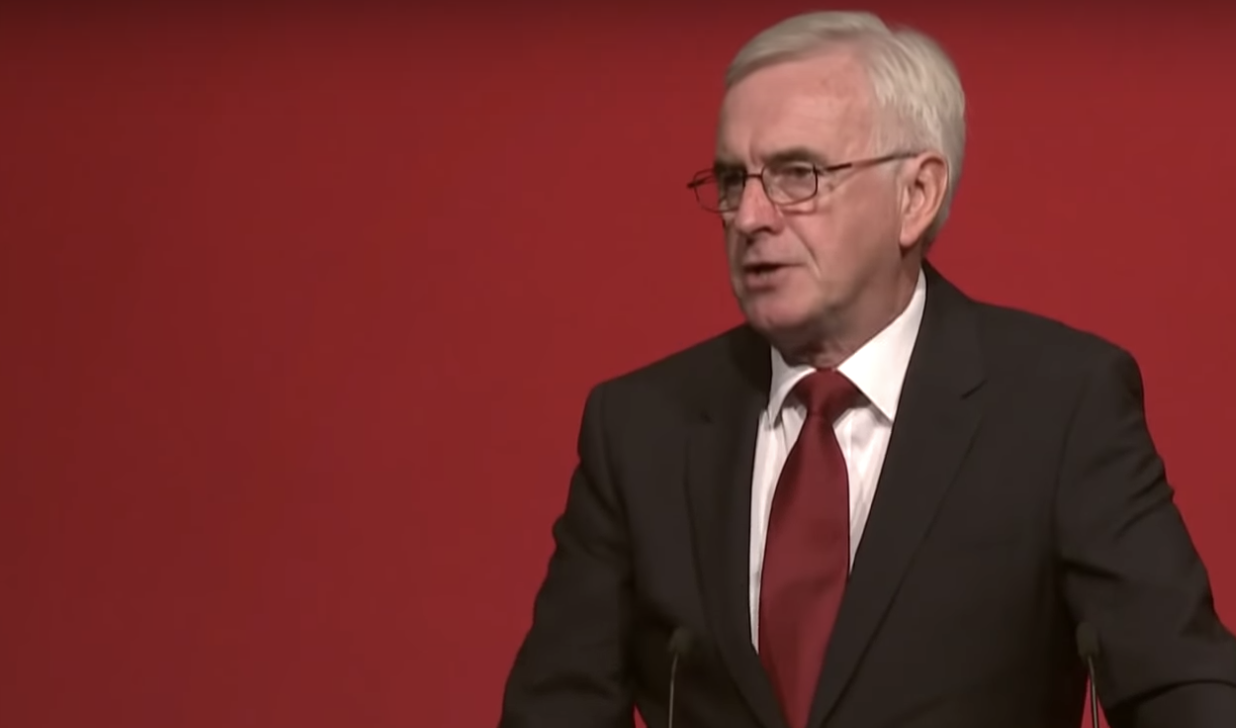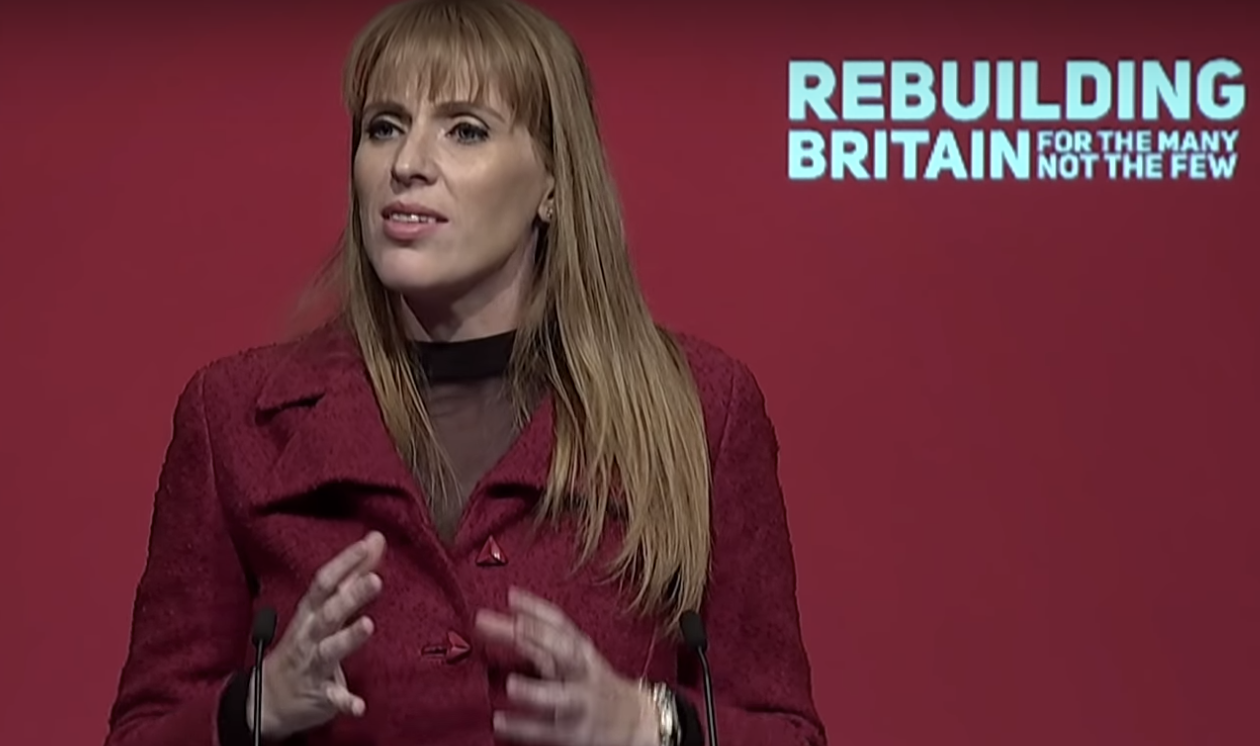Co-operative models were on the agenda last week at the Labour Party Conference, with key policy proposals around employee ownership and co-operative schools.
In his speech, shadow chancellor John McDonnell thanked the Co-operative Party for its contribution to policy ideas around employee ownership. Mr McDonnell announced that the Labour Party would legislate for large companies to transfer shares into an Inclusive Ownership Fund.
“The shares will be held and managed collectively by the workers,” he said. “The shareholding will give workers the same rights as other shareholders to have a say over the direction of their company.
“And dividend payments will be made directly to the workers from the fund. Payments could be up to £500 a year. That’s 11 million workers each with a greater say, and a greater stake, in the rewards of their labour.”
Labour plans for a proportion of revenues generated by the “inclusive ownership funds” to be transferred back to public services as a social dividend.

The party would also set up a public and community ownership unit at the Treasury. Mr McDonnell said his party wants to bring private finance initiatives back in house in addition to bringing water, energy, Royal Mail and rail into public ownership.
“Today, [shadow business secretary] Rebecca Long-Bailey and I are launching a large-scale consultation on democracy in our public services,” he added. “We are also setting out our plans for a new publicly owned water system that puts this essential service back in the hands of local councils, workers and customers.”
Related: John McDonnell welcomes report outlining a new economy
Labour leader Jeremy Corbyn said employee ownership could play a key role in democratising the UK’s economy.
“Labour believes a worker’s position is on the board,” he told delegates. “That’s why we’re proposing to give the workforce of all large UK businesses the right to elect a third of the seats on the board, giving employees a genuine voice and a stake, shifting the balance at work in favour of the wealth creators, improving both decision-making and productivity in the process.
“Decisions taken in boardrooms affect people’s pay, their jobs and their pensions. Workers deserve a real say in those decisions. That’s nothing for businesses to be afraid of. They should welcome the expertise and understanding that workers will bring to the company board.”
Responding to Labour’s proposals, Deb Oxley, chief executive of the Employee Ownership Association, said: “The EOA is delighted employee ownership is being talked about in the mainstream and totally agree with Labour that power comes from ownership and that employees should share in success.
“A wider business ownership mix in the UK is essential to help spread wealth more equally and for employees to have more say. However, this will be most effective if business owners are supported to grow employee ownership as a choice for business succession and growth, as has recently been legislated for in the US with cross party support and which is current policy in Scotland and Wales.
“We fear imposing employee share ownership and the additional money that big-listed business will be forced to pay to the Treasury will close businesses’ minds to the benefits of employee ownership.
“We look forward to engaging with each of the major parties to agree a bipartisan approach to how best to ensure every business is able to explore the benefits of employee ownership for themselves, letting the evidence and results speak for themselves and helping the prosperity of individuals, businesses, regions and the economy.”
On Brexit, Mr Corbyn said Labour would oppose the Chequers plan as well as leaving the EU without a trade deal. He warned that Labour would press for a general election if Parliament voted down a Tory deal or the government failed to reach any deal.
“Brexit is about the future of our country and our vital interests,” he said. “It is not about leadership squabbles or parliamentary posturing. If you deliver a deal that includes a customs union and no hard border in Ireland, if you protect jobs, people’s rights at work and environmental and consumer standards – then we will support that sensible deal. A deal that would be backed by most of the business world and trade unions too.”

Meanwhile, co-operative schools were discussed by shadow education secretary Angela Rayner. In her speech, she said co-op schools would play a key role in reforming the education system under a Labour government. She said the party would support the formation of new co-operative school trusts as well as allocate £8bn for investment in building new schools. It would also end the current government’s academy and free schools programmes.
She said Labour would allow local councils to build schools, create new places and take back control of admissions from academy trusts.
“And where parents and staff want to go further in launching and leading their own schools, our own movement already has an answer: co-operative schools – as part of the local schools family,” she added.
Welcoming the proposals, Ben West, communications officer at Labour’s sister organisation the Co-op Party, also noted attention given at the conference to the Fair Tax Mark and the campaign against modern slavery, two campaigns where the co-op movement has played a leading role.
He said: “The Co-operative Party’s profile and influence within Labour are stronger than ever … At the Co-operative Party exhibition stand, those passing are increasingly familiar with the Party, understand how we fit into the wider labour and co-operative movements, and are there to pick up a membership form or to find out how to get involved in our work.”
The Co-op Party hosts its own conference in Bristol on 12-14 October.